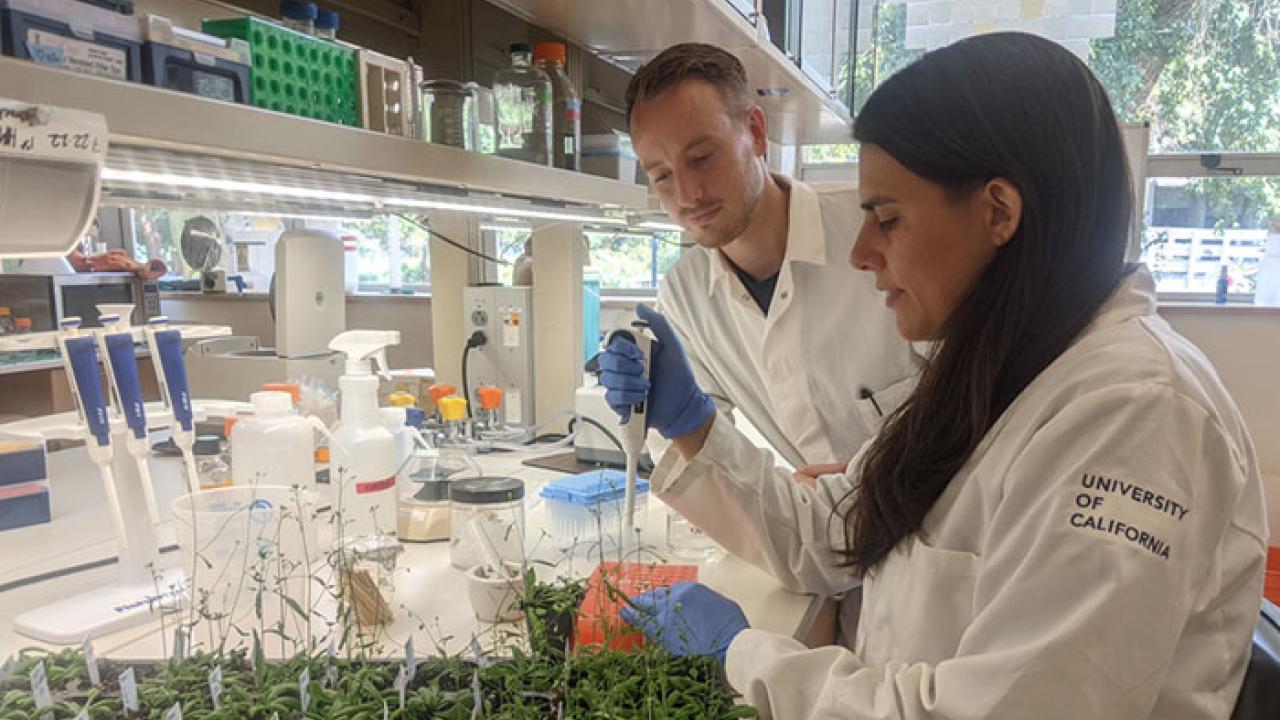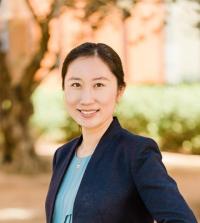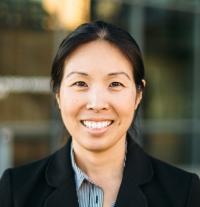
Please congratulate Drs. Luxin Wang and Selina Wang for receiving a Food System Innovation (FSI) Award for 2022! You can see the full list of recipients in all categories here.
UC Davis Office of Research, July 28, 2022 - The University of California, Davis, is awarding $450,000 to help scientists advance compelling research and innovations toward commercial applications through two proof-of-concept grant programs. To date, these programs have delivered $2.9 million to help campus innovators overcome the primary hurdle of access to funding during one of the most challenging phases in new technology development.
The Science Translation and Innovative Research (STAIR™) grant program provides awards of up to $50,000 to campus innovators to enable demonstration of early proof-of-concept for technologies being developed at the university.
The second program, the Food Systems Innovation (FSI) award program, is a collaboration between Venture Catalyst and the Innovation Institute for Food and Health (IIFH) providing $25,000 to fund innovative technology advancements aimed at addressing global nutritional challenges.

Optimization of the pilot scale production steps of novel protein-based cooling media
Luxin Wang
Associate Professor
Department of Food Science and Technology
Wang and team have developed a reusable coolant (“Jelly Ice Cubes”) to provide a more environmentally friendly solution for the global cold food supply chain. This new generation of cooling media is nature-based, plastic-free, reusable, sustainable, microbial-resistant and biodegradable with comparable cooling efficiency to traditional ice.

Using duckweed protein hydrolysates and phenolics as functional ingredients
Selina Wang
Associate Professor of Cooperative Extension
Department of Food Science and Technology
Wang and team are targeting an opportunity in the use of natural, functional foods as an alternative to synthetic drugs for the treatment of diabetes and hypertension. Their approach utilizes an aquatic plant, duckweed to create a protein hydrolysate powder enriched with phenolic compounds. Duckweed can yield ten times more protein per acre than soy, while requiring less water and nutrient inputs.
